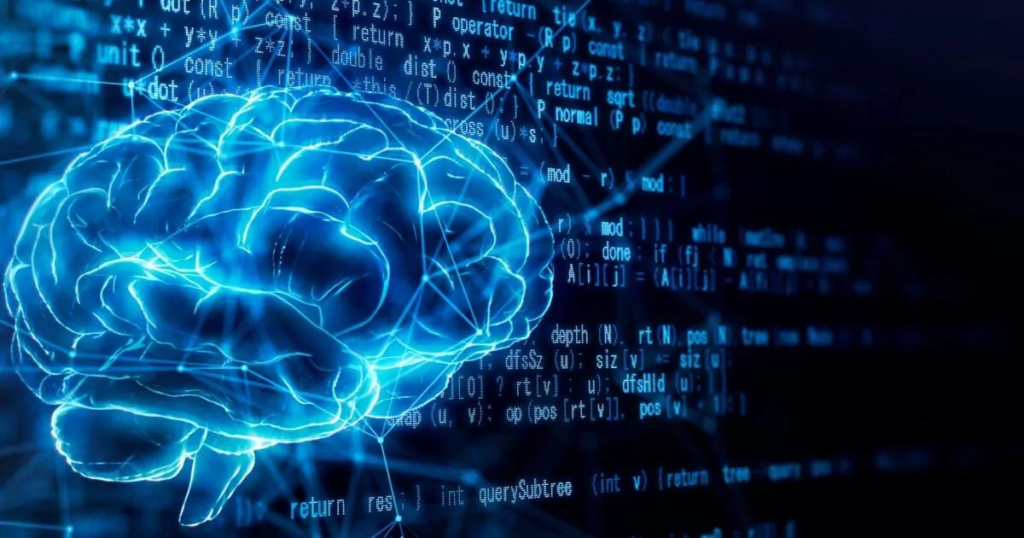
Generative AI, also known as GenAI, is a category of artificial intelligence algorithms that have the ability to generate new content based on the data they have been trained on .
They can identify patterns in large datasets and generate new output, whether it is text, images, videos, sounds, code, or other forms of media. Generative AI is a branch of artificial intelligence that uses algorithms to generate new content based on patterns and data it has been trained on.
How Generative AI Works ?
Generative AI works by training algorithms on large datasets consisting of different types of content, such as text, images, videos, or code. The algorithms analyze the patterns and relationships within the data to understand the underlying rules governing the content.
Through this analysis, the generative AI model learns to generate new content that is similar in style and structure to the data it has been trained on . By continuously fine-tuning its parameters and learning from the data, the generative AI model improves its ability to simulate human-generated content.
What are the applications of Generative AI ?
Generative AI has a wide range of applications in various fields. It can be used in content creation, such as writing code, designing products, creating marketing content and strategies, and even generating poetry.
Generative AI can also be utilized in chatbots and virtual assistants for customer service, language translation, and answering questions.
Additionally, generative AI has the potential to revolutionize creative arts by generating unique and original pieces of music, art, and literature.
What are some of the Potential Challenges and Concerns with Generative AI?
While generative AI offers numerous possibilities and benefits, there are also potential challenges and concerns associated with its use.
Some of these challenges include job displacement in fields like programming and copywriting, as generative AI has the potential to automate tasks previously performed by humans.
There are also concerns related to copyright issues and data security risks, particularly when it comes to client confidentiality.
The potential applications of generative AI in businesses are significant and wide-ranging.
Generative AI can be used to write code, design products, create marketing content and strategies, streamline operations, analyze legal documents, provide customer service via chatbots, and even accelerate scientific discovery.